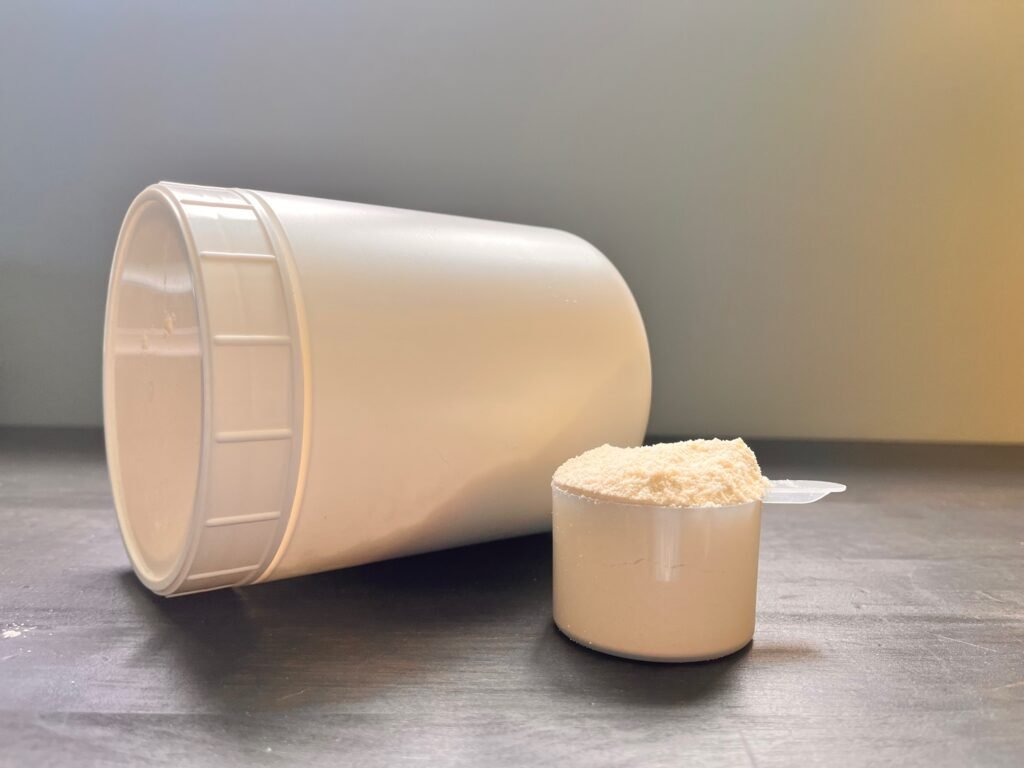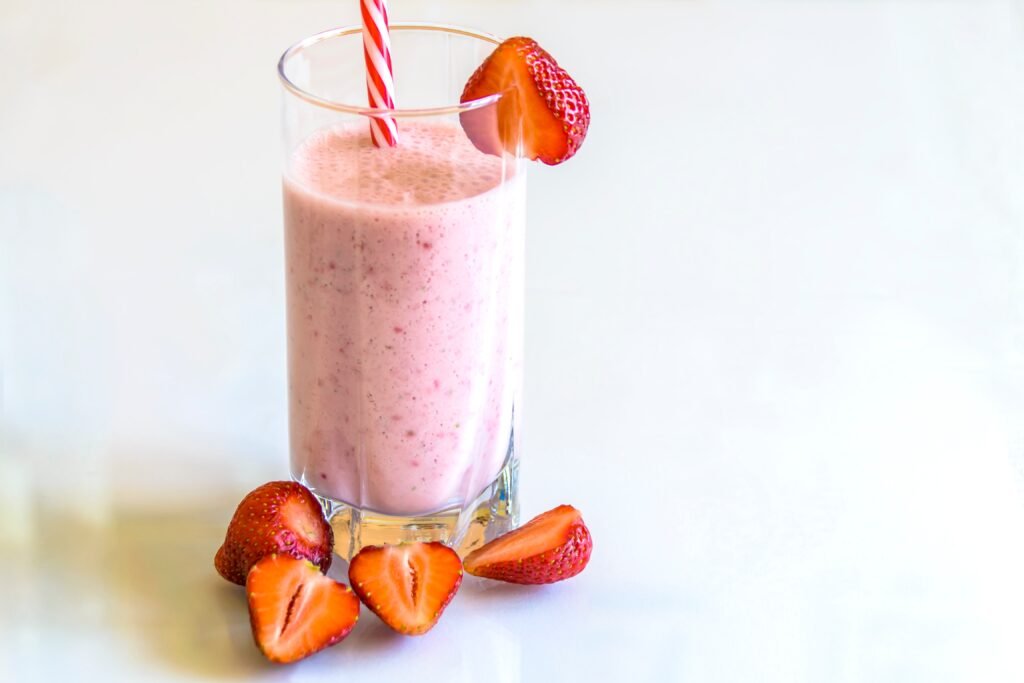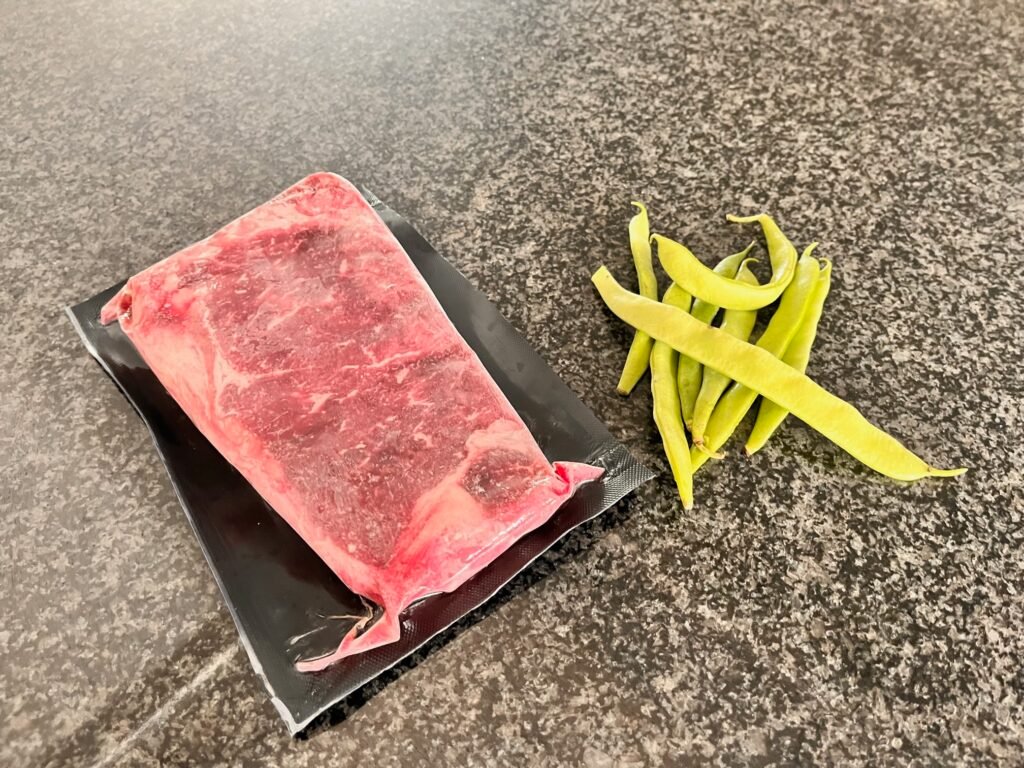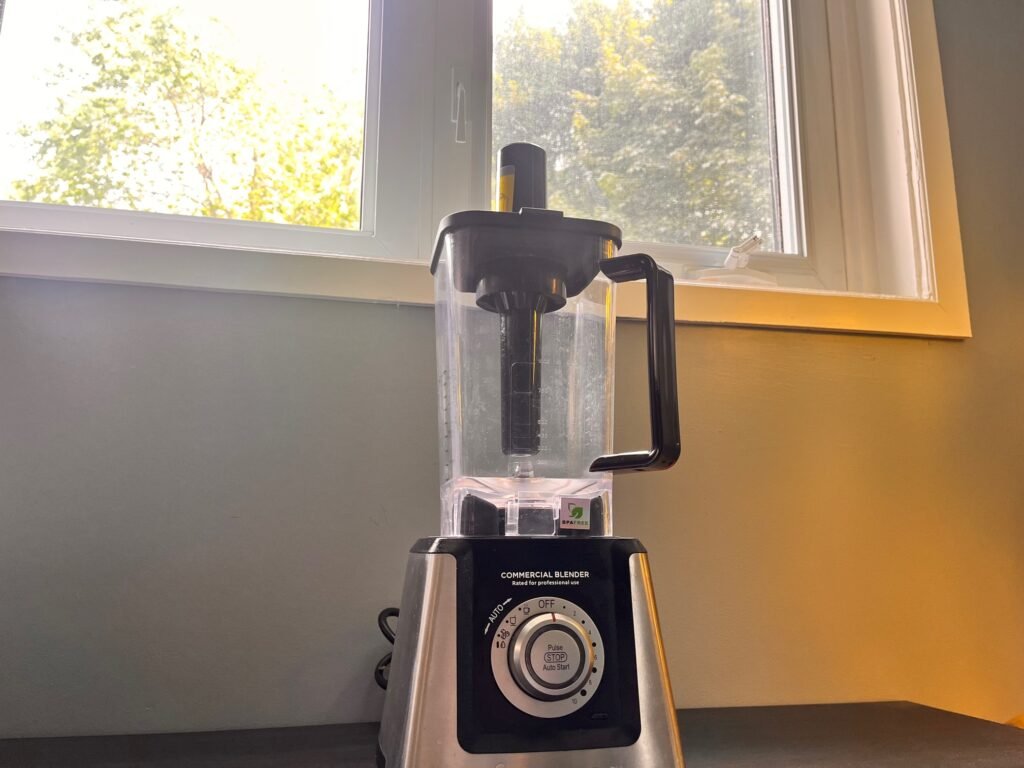Hello there, health enthusiasts! Ready to supercharge your muscles and start your weight loss journey? If you’re diving into the world of wellness, you’ve probably heard about protein powders – those magic potions that help you reach your fitness goals. Today, we’re jumping into the “Plant-Based Protein vs. Whey Protein” debate. Hold on tight, because we’re about to break down the differences between these nutrition superheroes!
Unleash the Power of Protein
Imagine having a secret weapon that supports muscle growth and aids in weight loss – that’s the magic of protein powders. As you navigate the world of health and fitness, you’ve likely come across two contenders: whey and plant-based protein powders. Get ready to explore the distinctions and make a smart choice for your journey to better health!

Comparison Chart: A Clear Breakdown
Let’s start off with a simple chart that outlines the main differences between whey and plant-based protein powders:
| Factors | Whey Protein | Plant-Based Protein |
|---|---|---|
| Lactose-free | Not always | Yes |
| Vegan-friendly | No | Absolutely |
| Complete protein | Yes | Varies by plant source |
| Protein content | Similar | Varies |
| Muscle growth | Excellent | Effective |
| Weight loss | Supports | Aids |
| Cost | Varies | Similar |
How They’re Made: From Source to Shake
Let’s take a behind-the-scenes look at how these protein powders are created:
- Whey protein: Comes from cow’s milk and goes through a process to remove fats and carbs. Note that not all whey proteins are lactose-free.
- Plant-based protein: Made from various plant sources like peas, rice, or soy. It’s perfect for vegans and those who are lactose intolerant.

Protein Content: Packed with Goodness
In terms of protein, both whey and plant-based protein powders provide similar amounts. You’ll typically find around 15 to 25 grams of protein in each serving – a mini boost for your muscles!
Cost Considerations: Friendly to Your Wallet
Let’s talk about money. The cost of protein powders can vary depending on the brand and their features. But the good news is that both whey and plant-based options usually fall within a similar price range. It’s a smart investment in your health!
Effectiveness for Muscle Growth: The Amino Acid Story
Building muscles involves amino acids – the building blocks:
- Whey protein: Known for promoting muscle growth, whey protein has leucine – an amino acid that triggers muscle building.
- Plant-based protein: These powders often blend various plant proteins or BCAAs (Branched-Chain Amino Acids) to support muscle development.
Practical Tips for Muscle Growth: Get the Most Out of Protein
For muscle growth, consider these practical tips:
- Choose protein powders rich in amino acids and BCAAs.
- Don’t forget real foods like lean meats, beans, and nuts, which are essential for muscle building.
- Aim for 1.2 to 2.0 grams of protein per kilogram of your body weight daily.
Effectiveness for Weight Loss: Your Lean Companion
If you’re looking to lose weight, let’s understand the concept of a calorie deficit:
- Calorie deficit: This means burning more calories than you consume – the foundation of weight loss.
- Protein powders: They help keep you full and preserve muscle mass while you’re shedding pounds.
Practical Tips for Weight Loss: Your Weight Loss Journey
For effective weight loss, keep these tips in mind:
- Include protein-only supplements to control your calorie intake.
- Remember, protein powders aren’t meal replacements – they’re helpful additions.
- Combine protein shakes with regular strength training for the best results.
Making an Informed Choice
There you have it, wellness explorers! The comparison between whey and plant-based protein powders has given us valuable insights. Both options have strengths to offer, supporting your journey to a healthier you. Whether you’re focusing on muscle growth or aiming to lose weight, armed with this knowledge, you can make a confident choice that aligns with your goals.
So go ahead – blend, shake, and savour your way to a healthier, happier lifestyle!




